Coral Reefs Are Screaming: The Impact of Global Warming and Restoration Efforts
By. Alfian - 08 Aug 2025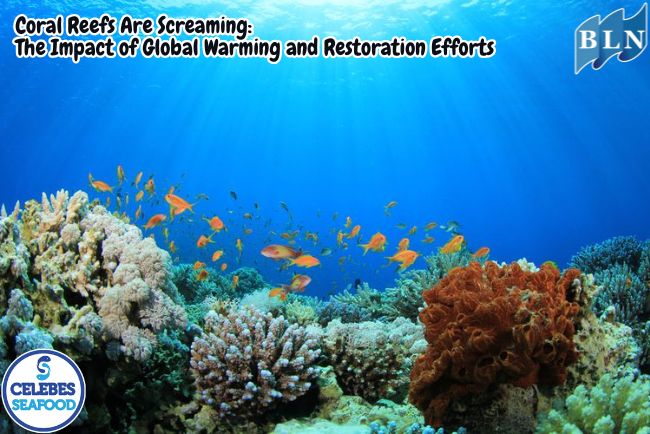
lautnusantara.com Coral reefs are one of the most vital ecosystems on Earth, serving as home to a quarter of marine species. However, these ecosystems are now facing serious threats, one of which is global warming. Rising sea temperatures are causing a phenomenon known as coral bleaching, a process that can lead to mass coral death.
A. Impact of Global Warming on Coral Reefs
Global warming threatens coral reefs in several ways:
- Coral Bleaching: This is the most direct impact. Coral reefs have a symbiotic relationship with microscopic algae called zooxanthellae that live within their tissues. These algae provide the coral with color and nutrients. When seawater temperatures rise, the coral becomes stressed and expels these algae. As a result, the coral loses its color, becomes white, and becomes susceptible to disease. If this condition persists for a long time, the coral will die.
- Ocean Acidification: The oceans absorb most of the carbon dioxide (CO2) in the atmosphere. Rising CO2 levels make seawater more acidic. These conditions make it difficult for corals to build and maintain their calcium carbonate skeletons, thus inhibiting growth and weakening them.
- Stronger Storms: Climate change is also causing more intense extreme weather and tropical storms. The strong waves and currents from these storms can physically damage coral reef structures.
B. Restoration and Conservation Efforts
To protect coral reefs from the impacts of global warming, various restoration and conservation efforts have been implemented:
- Coral Transplantation: This is the most common restoration method. Healthy or living coral fragments are replanted on artificial substrates or damaged natural structures. These fragments are then expected to grow and form new coral colonies.
- Substrate Rehabilitation: This effort involves placing artificial structures such as artificial reefs, biorock, or other media on the seafloor. The goal is to provide a stable surface for coral to grow and attract marine life.
- Local Stress Reduction: In addition to addressing global warming, it is crucial to reduce other stresses facing coral reefs. This includes stopping destructive fishing (such as using explosives or cyanide), controlling land-based pollution, and limiting irresponsible tourism activities.
- Education and Community Engagement: Education and training programs for coastal communities and fishermen are key. By raising awareness of the importance of coral reefs, communities can become active partners in conservation efforts.
If you are interested in our Coral Trout Fillet Skin On, CORAL TROUT WGG WHOLE GILLED GUTTED, TOMATO COD WHOLE GILLED GUTTED please do not hesitate to contact us through email and/or whatsapp.
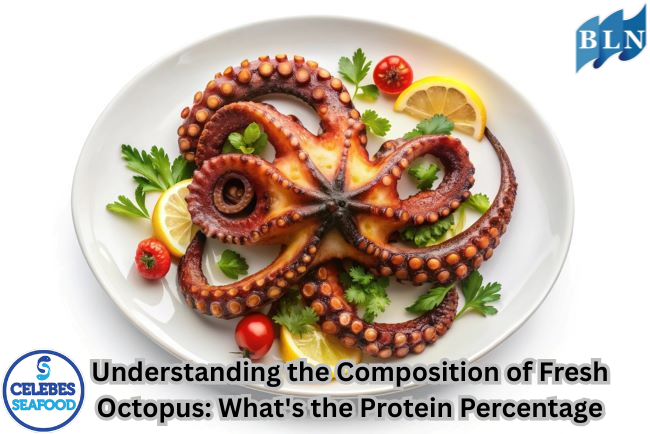

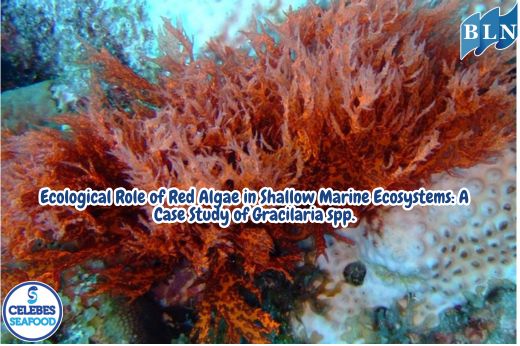

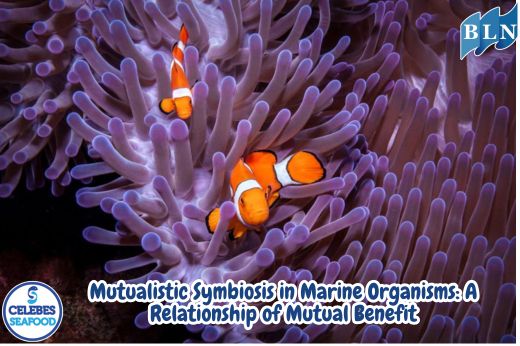
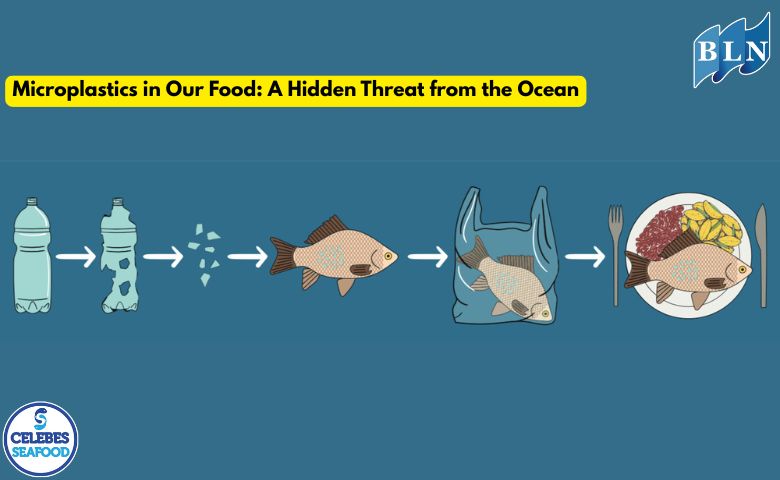
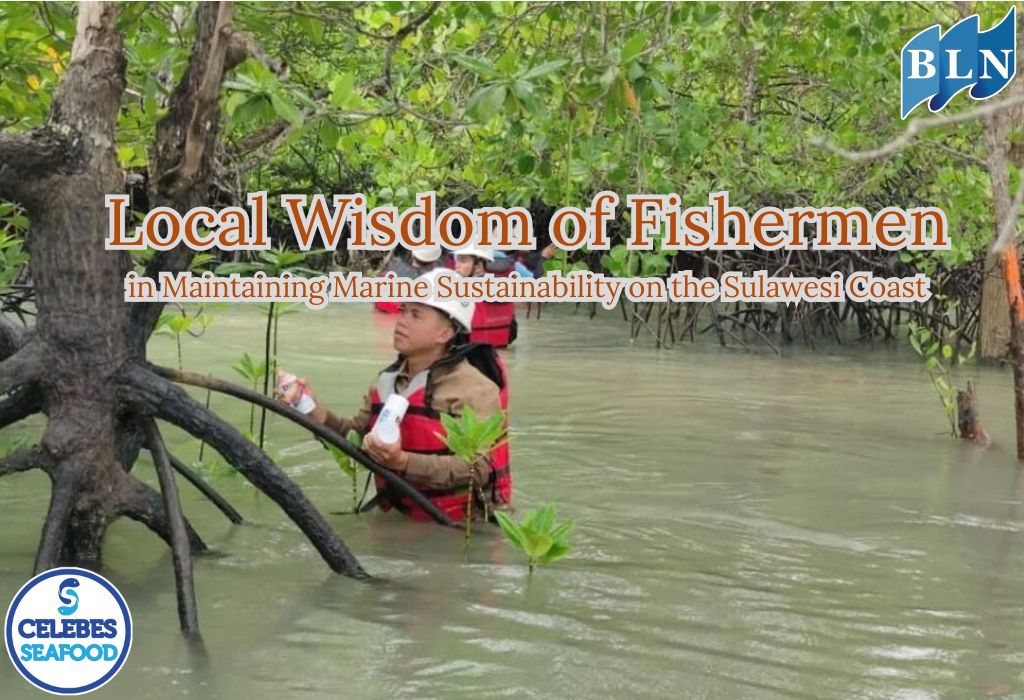
.jpg)